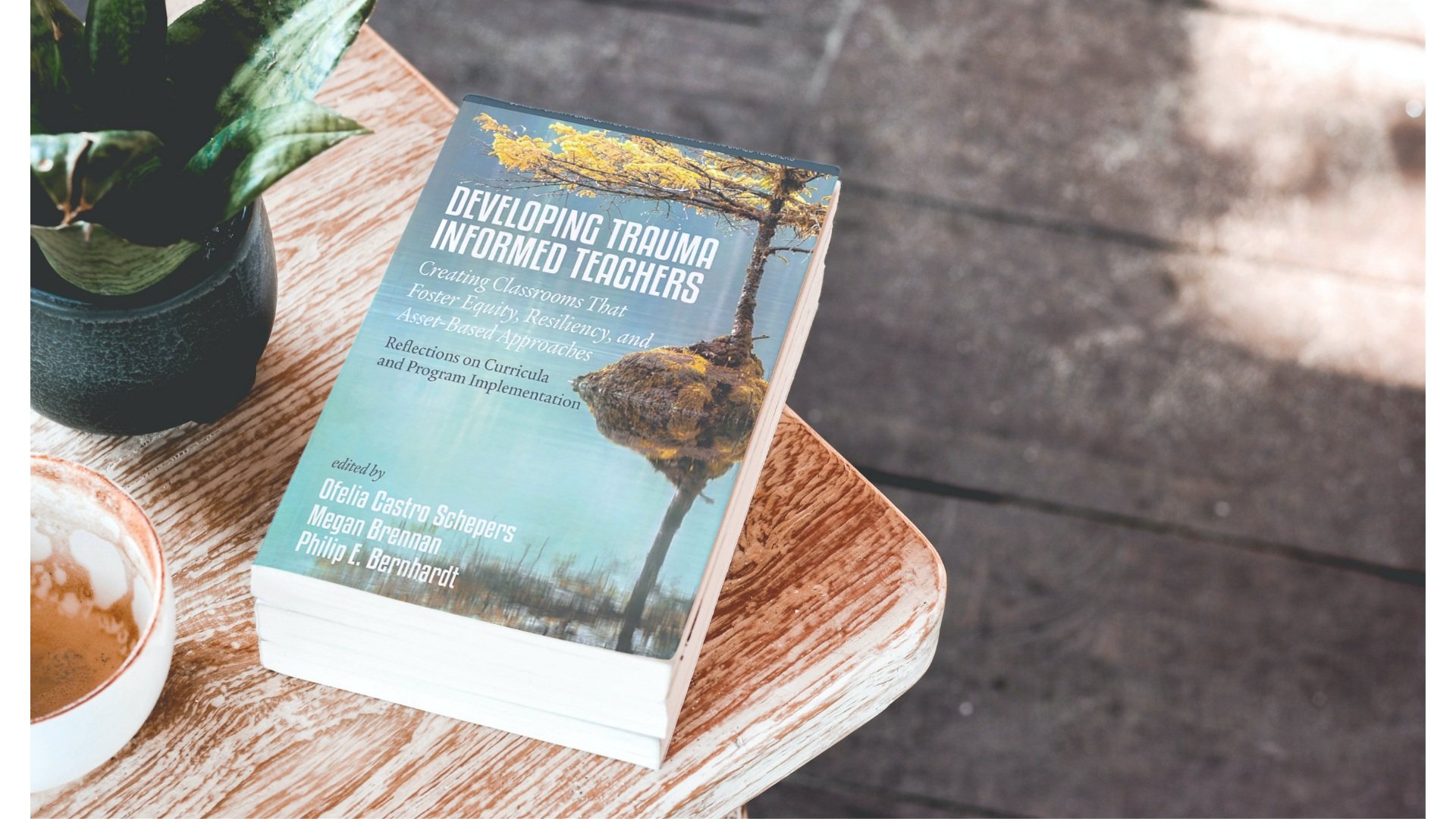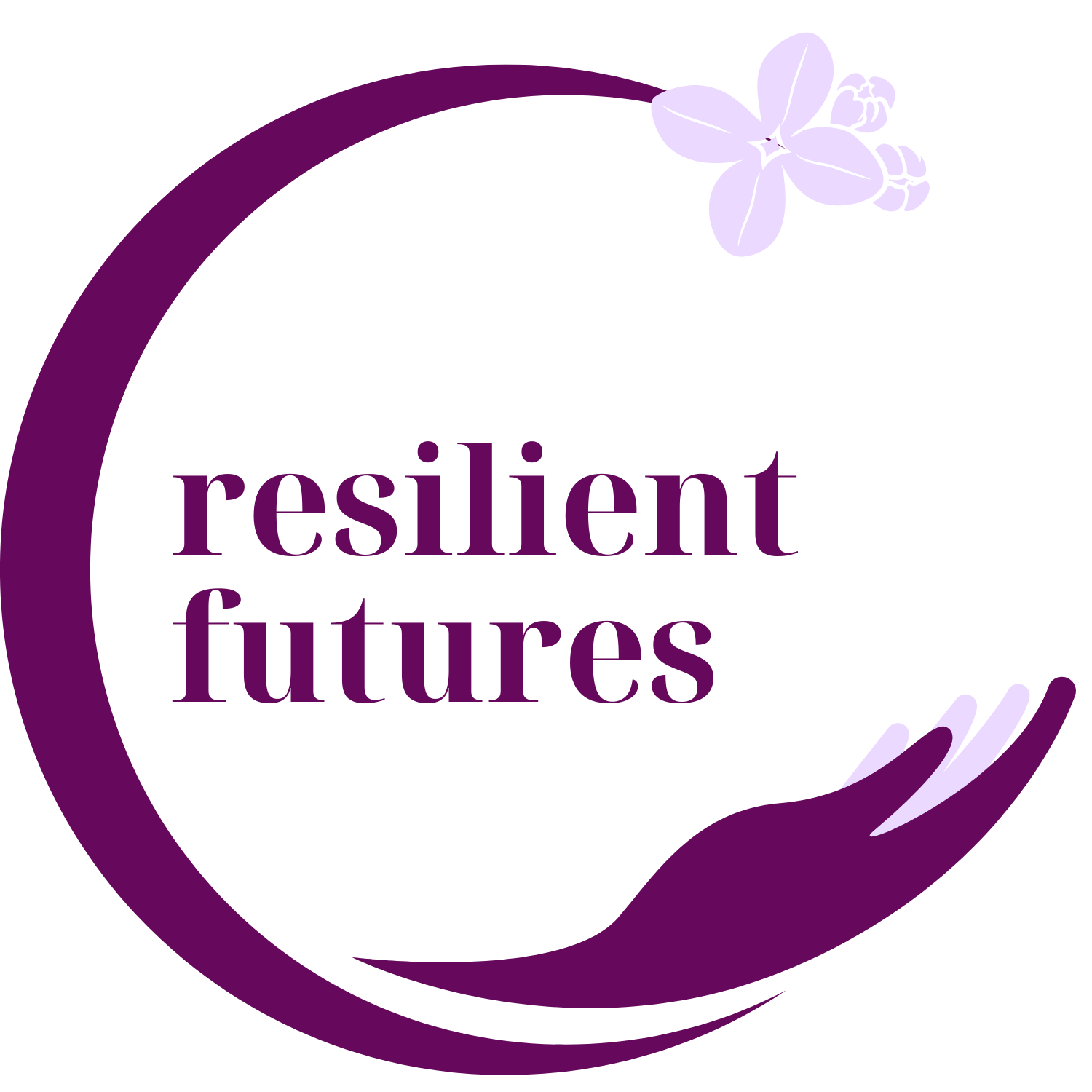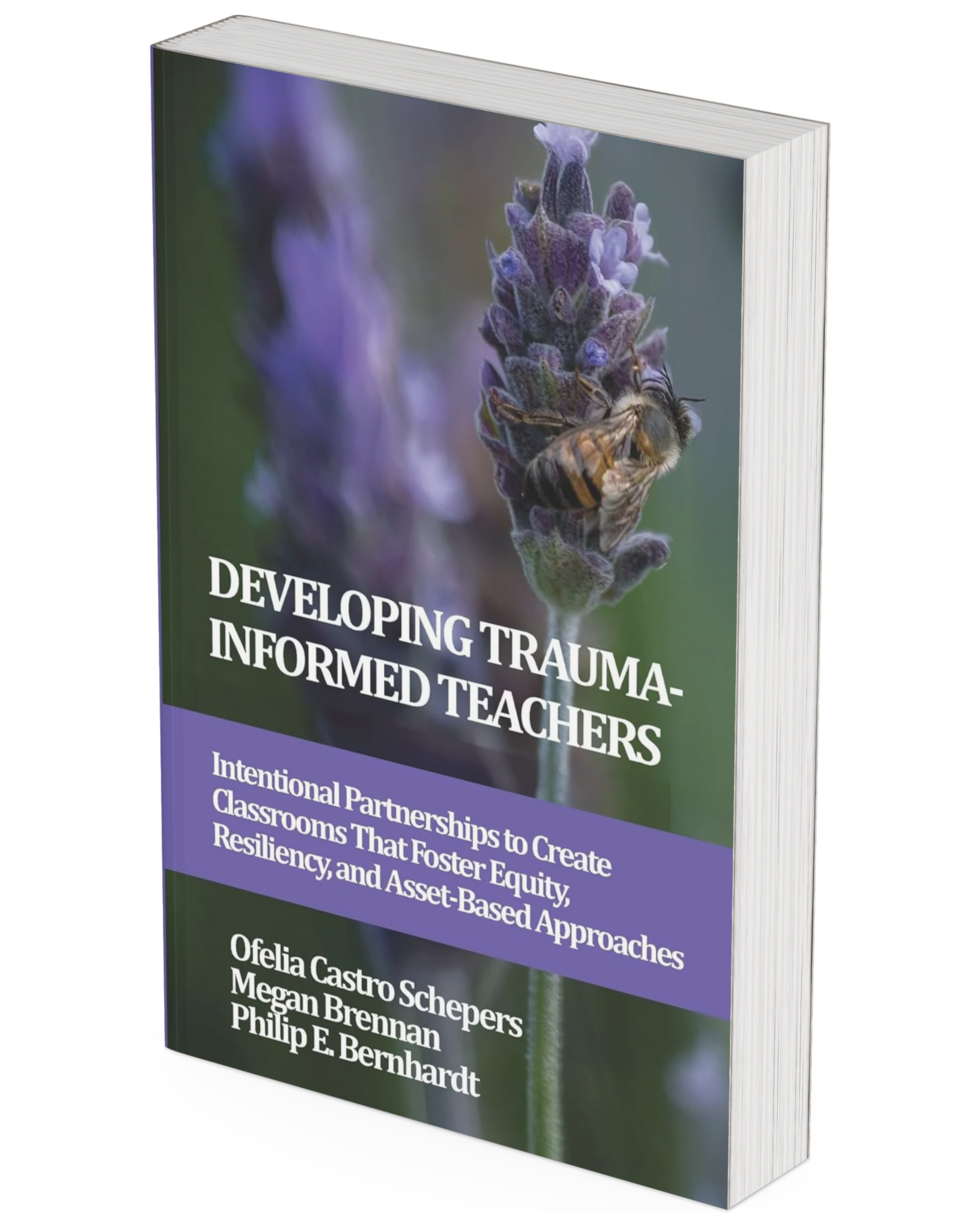
Trauma-Informed Teaching: Supporting Students during the Holidays
The holiday season is often depicted as a time of joy and togetherness, but for many children, it can be a period of increased stress and emotional upheaval. Students from dysfunctional or trauma-impacted homes may experience amplified feelings of loneliness, anxiety, or instability, making it difficult to focus or thrive in school. For educators, employing trauma-informed teaching practices during the holidays can foster a sense of safety, inclusion, and community, offering much-needed support to students who may lack this at home.
Free Download: Building Community in the Classroom: A Guide to Connection Circles
Free Downloadable Guide for Educators: Connection Circles are a research-backed strategy for fostering resilience, and directly support Resilient Futures 3 C’s of Resilience. Through consistent engagement in Connection Circles, educators can deepen relationships, promote healthy communication, and create a classroom community that supports equity, emotional well-being, and academic success.
Free Download: Trauma-Informed Scavenger Hunts for Educators
It's never too early to introduce the foundation of trauma-informed practices, and doing so can set a positive tone for the school year. At Resilient Futures, we've created a set of three versatile Scavenger Hunt games designed for early childhood and elementary school educators. These games are not only fun but also essential tools for introducing trauma-informed practices in the classroom.
Free Download: Dyadic Listening as a Trauma-Informed Practice
One powerful tool that aligns with trauma-informed practices is Dyadic Listening. This guide explores dyadic listening, why it is a valuable trauma-informed practice, and how it can be implemented in schools and beyond to foster healthier communication and stronger relationships.

Developing Trauma-Informed Teachers
An Educational Book Series from Resilient Futures
[July 2022] Co-edited by Resilient Futures founder Megan Brennan, this volume of the series Contemporary Perspectives on Developing Trauma-Informed Teachers provides reflections, examples, and implementation guidance for the innovative and important ways educators develop and implement trauma-informed practices across their programs, instituting broader curricular shifts to incorporate trauma-informed practices.
[January 2023] Co-edited by Resilient Futures founder Megan Brennan, this volume of the series was driven by a deep desire to ensure that teacher candidates are thoughtfully prepared to more fully address students’ needs and create classroom environments that are safe for students and teachers.
Developing Trauma-Informed Teachers: Intentional Partnerships to Create Classrooms That Foster Equity, Resiliency, and Asset-Based Approaches
[May 2025] Co-edited by Resilient Futures founder Megan Brennan, this volume of the series we delves into the heart of educational evolution: Intentional Partnerships to Create Classrooms that Foster Equity, Resiliency, and Asset-Based Approaches.
Childhood Trauma:
An event(s) that a child finds overwhelmingly distressing or emotionally painful, often resulting in lasting mental and physical effects.
Many think of trauma as a single life-changing event, but more commonly trauma manifests as a series of events or patterns of abusive or neglectful behaviors that compound over time.
Understanding Childhood Trauma
In the Press

Give to further our Mission
More than ever, our schools and youth-serving communities are in need of trauma-informed education, training, and resources. Your tax-deductible gift will directly fund our program expansion efforts, enabling us to provide trauma-informed training and resources to a greater number of educators, schools, and youth-serving organizations.
Interested in learning more about our Trauma-Informed Futures© Programming & Services?







